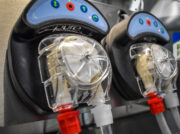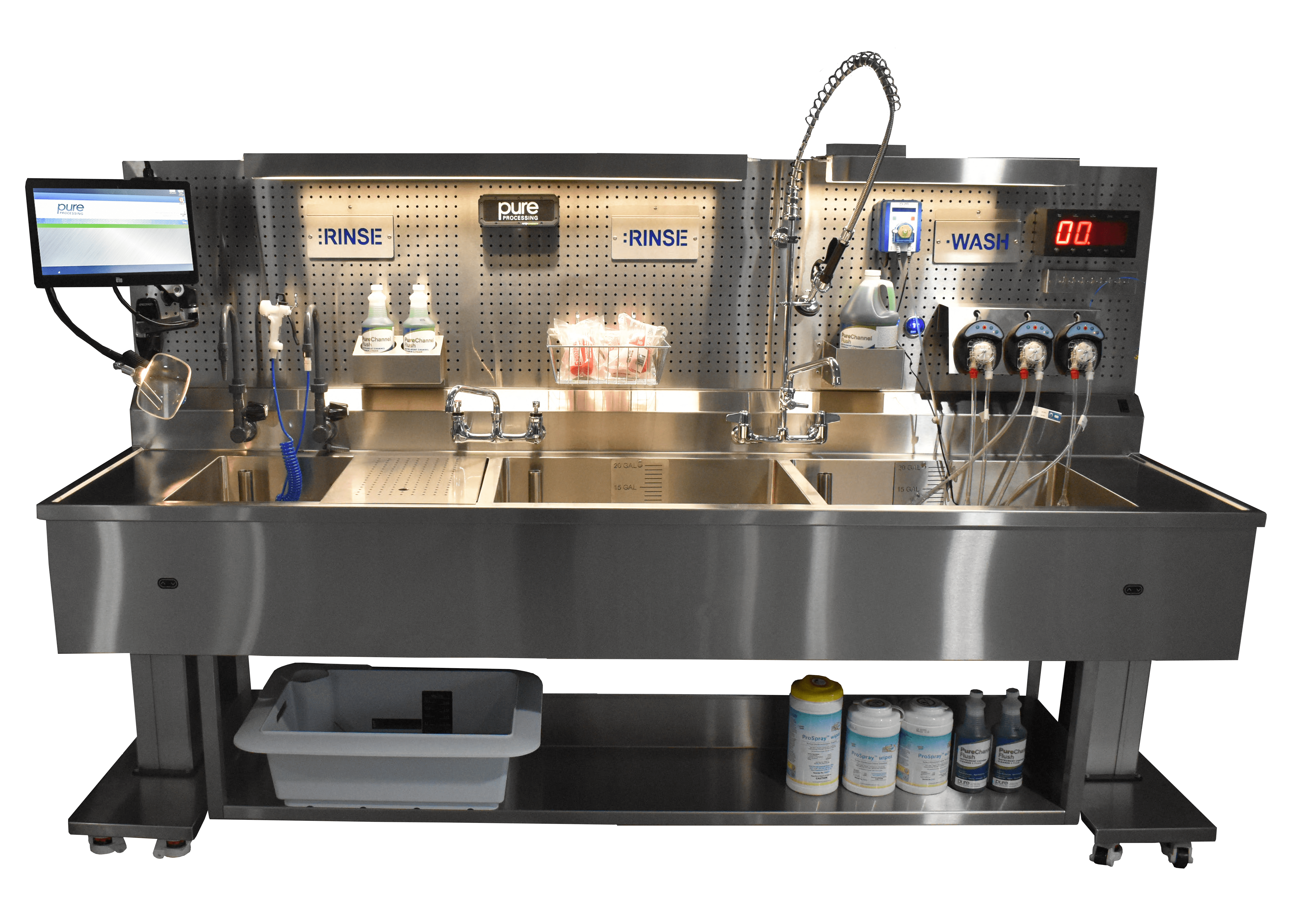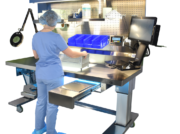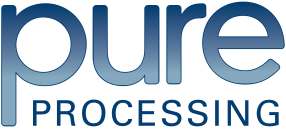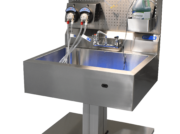
The Future Challenges in SPD: Identified Trends from the 2023 SPD State of the Industry Report
The 2023 SPD State of the Industry Report provided more than just a window into the current state of the industry, it also provided SPD professionals the opportunity to share the challenges they anticipate escalating in the near future. While many departments already relate to these challenges, others demonstrate that unique ones may be on the horizon.
Staffing & Retention
Staffing is an on-going challenge for departments and many respondents don’t anticipate that changing anytime soon. 74.63% indicated that they anticipate staffing & retention challenges to grow.
Compliance, Guidelines, and IFUs
Throughout the survey, participants noted that compliance issues are becoming increasingly difficult to tackle. 64.18% believe that compliance, guidelines, and IFUs will be among the challenges the face in the coming months.
Instrument Complexity
Compliance concerns likely stem from increasingly complex instrumentation design. 33.58% of participants believe that increased instrument complexity will come to the forefront of problems they’ll need to address.
Volume
32.84% believe that surgical volume will soon increase or continue to increase. This may be fueled by the increased implementation and expansion of robotic surgical programs which brings volume and complexity to reprocessing departments.
Technology
Many participants noted outdated equipment and tools and the negative consequences associated with antiquated infrastructure, with 25.37% of participants noting it as a growing concern.
Robotics Program Expansion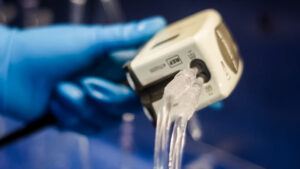
Robotic programs give hospitals and surgeons new tools for minimally invasive care, but SPD is often overlooked as this expansion occurs. 23.13% of participants cited the expansion of existing robotics programs as an upcoming challenge that they’ll need to solve.
Is your department already having trouble keeping up with robotic cases? A representative can help identify and remedy pinch points in your robotics workflow!
Other challenges
Other challenges were noted in free responses, highlighting some of the underlying concerns sterile processing professionals foresee becoming bigger issues moving forward.
- Reliance on travelers: Unable to resolve staffing & retention issues, departments have begun leaning on the use of travelers more consistently.
- Industry veterans leaving: As “lifers” exit the industry, so too does the knowledge they’ve acquired throughout their career in sterile processing. This knowledge gap can be difficult for understaffed departments to recoup.
- Lack of experience among new technicians: As experienced people leave the industry, many are concerned about the experience level of those being hired to replace them.
- Inability to modernize processes: Without updated tools and equipment, many processes within a sterile processing department can be stunted and sub-optimal.
Conclusion
There’s no shortage of evolving challenges sterile processing departments will be facing in the coming months and years. From staffing & retention generally, to concerns about industry veterans leaving and the experience level of those being hired to replace them, it’s clear that the people in SPD are the most critical assets in any department.
Interested in digging into the full 2023 SPD State of the Industry Report? Download it for free!
Want to explore one of these challenges more in-depth? Check out the following blog posts:
Staffing & Retention’s Impact on Productivity
The Impact of Changing Compliance Standards
The Recent Evolution of Surgical Devices
Top 5 Ways to Improve Sterile Processing Productivity
Departmental Problem Solving with Data
Robotics Implementation: Tips For Success From An SPD Educator
The SPD State of the Industry Survey is an annual, free, anonymous survey asking real sterile processing professionals across the country about their experiences, backgrounds, and challenges they face in their departments. We hope by providing access to free industry research and data, instrument reprocessing professionals can better grow, develop and improve their own departments through the experience of their peers. We are grateful for all the professionals who participate each year, and the contributions to their patients and facilities: thank you for all you do!
